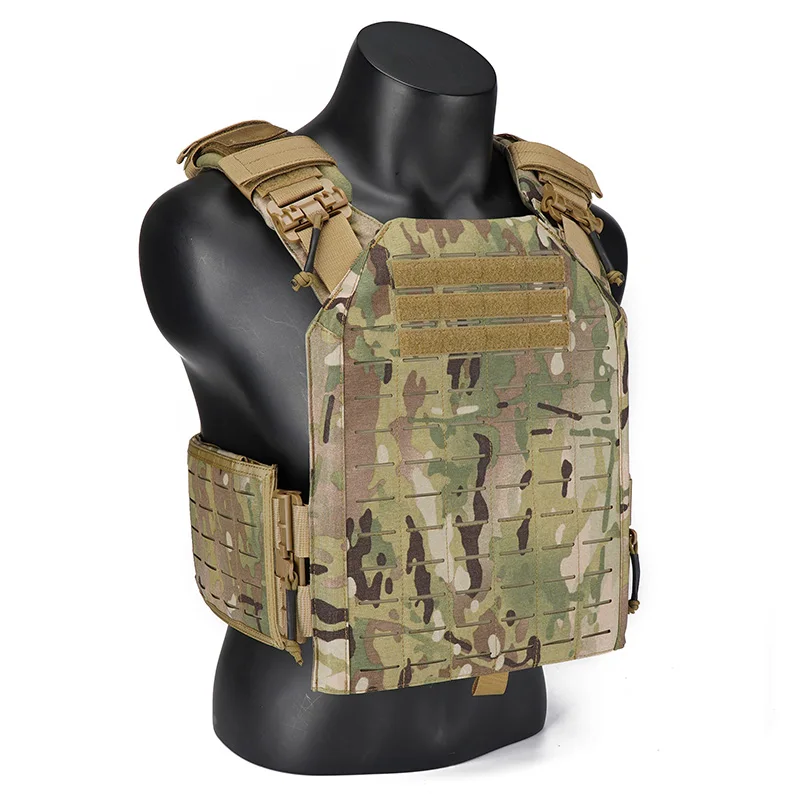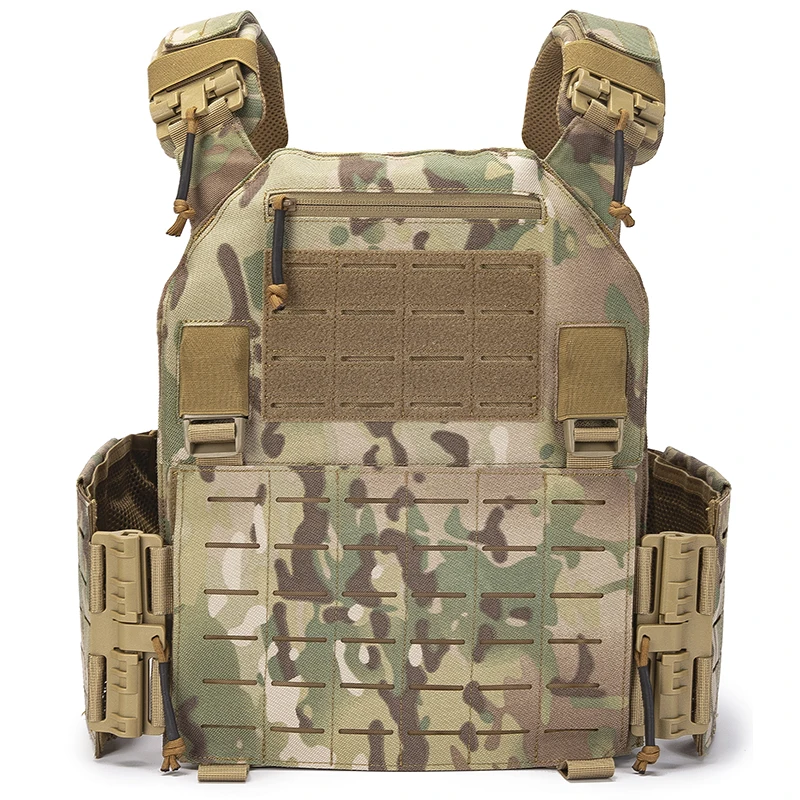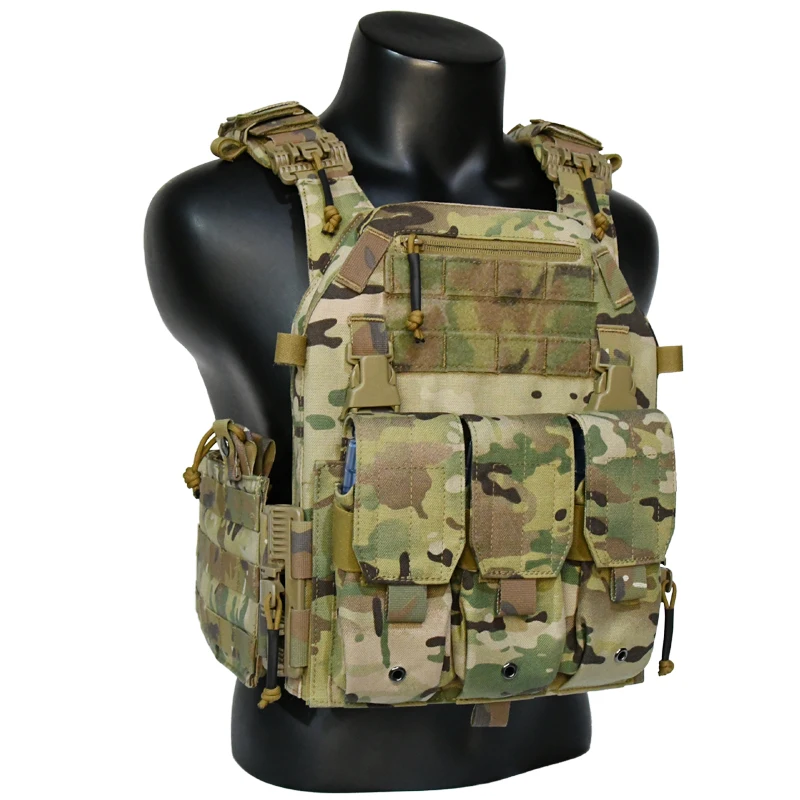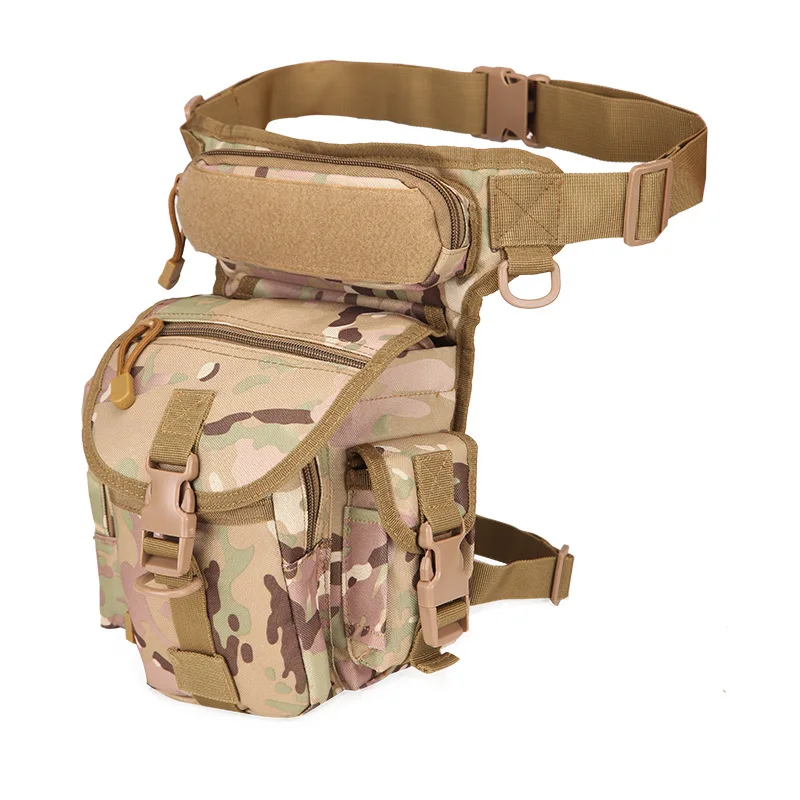Tactical Gear
PRODUCTS
Best Hunting Backpacks For Any Terrain And Game
Capacity and Organization
The first and arguably most important factor to consider is the backpack's capacity. This depends heavily on the type of hunting you'll be doing and the length of your trips. A day hunt requires a much smaller pack than a multi-day expedition. Consider the amount of gear you'll need: clothing, food, water, first-aid kit, weapon, ammunition, and any other essential tools. Don't underestimate the space you'll need; it's always better to have a little extra room than to be cramped and uncomfortable.
Equally crucial is organization. A well-organized backpack allows you to quickly access essential items without having to unpack the entire thing. Look for packs with multiple compartments, including dedicated pockets for water bottles, firearms, and other specialized gear. Consider features like compression straps to secure your load and prevent shifting, which can be detrimental to balance and comfort.
Comfort and Fit
Comfort is paramount, especially on long hunts across challenging terrain. A poorly fitting backpack can lead to back pain, shoulder strain, and overall discomfort, severely impacting your hunting performance. Look for packs with adjustable torso lengths and hip belts to ensure a proper fit. The hip belt should carry the majority of the weight, taking the strain off your shoulders. Consider the padding on the shoulder straps and back panel; thicker, more breathable padding will significantly improve comfort.
The material of the backpack is also a critical comfort factor. Breathable fabrics help prevent sweating and keep you cool and comfortable, even during strenuous activity. Look for packs constructed from durable, water-resistant materials to protect your gear from the elements.
Durability and Weather Resistance
Hunting often takes you through rugged and unpredictable environments. Your backpack needs to withstand the rigors of the outdoors. Look for packs made from tough, durable materials like ripstop nylon or ballistic nylon. Reinforced stitching at stress points adds to the longevity of the pack.
Weather resistance is another essential factor. A water-resistant or waterproof backpack will protect your gear from rain, snow, and mud. Consider features like a rain cover or a fully waterproof design, depending on the climate and conditions you expect to encounter.
Specific Features for Hunters
Some backpacks offer specialized features designed specifically for hunters. These might include weapon carrying systems, bow holders, or even integrated game bags. If you're carrying a firearm, a dedicated gun boot or scabbard will protect your weapon and make it readily accessible. Similarly, if you're bow hunting, a secure bow holder is essential.
Consider the inclusion of MOLLE webbing, a system of straps allowing you to attach additional pouches and accessories as needed, offering increased modularity and customization to your hunting setup. Features like a hydration reservoir are also invaluable, keeping you hydrated on long hunts.
Choosing the Right Pack for You
Ultimately, the best hunting backpack for any terrain and game is the one that best suits your individual needs and hunting style. Consider the factors discussed above – capacity, organization, comfort, durability, and specialized features – and choose a pack that balances these elements to provide the ideal solution for your hunting adventures. Don't hesitate to try on different packs before making a purchase to ensure a proper fit and optimal comfort.
SUBSCRIBE
INQUIRY










